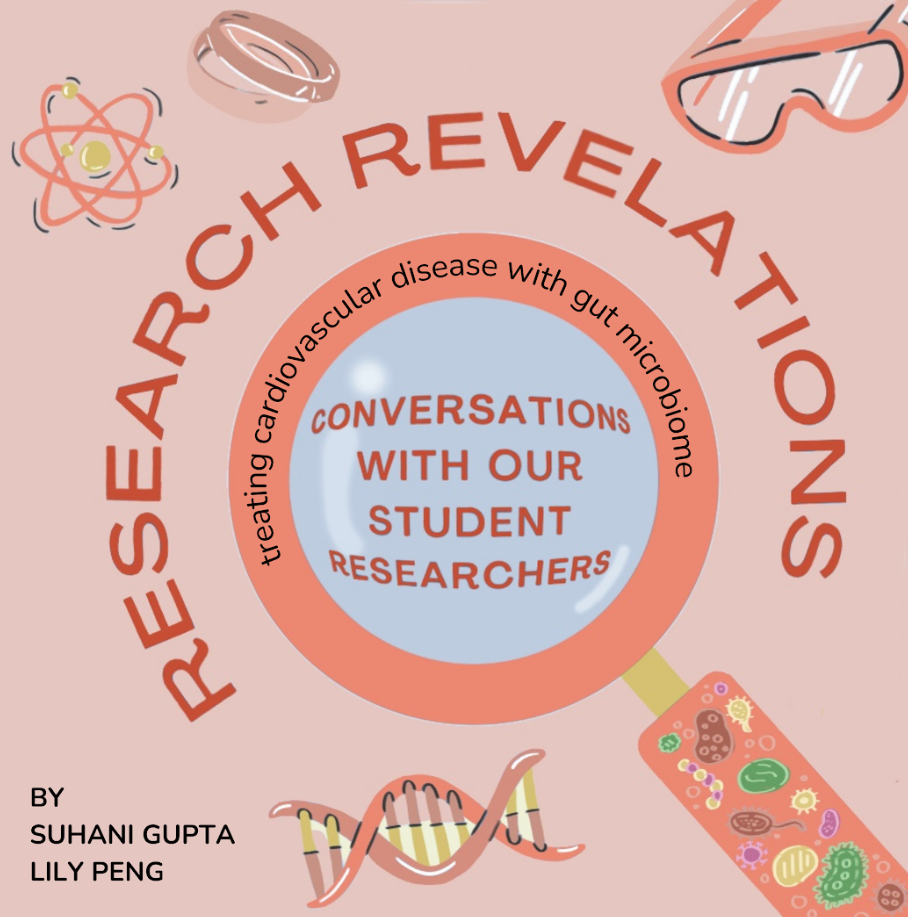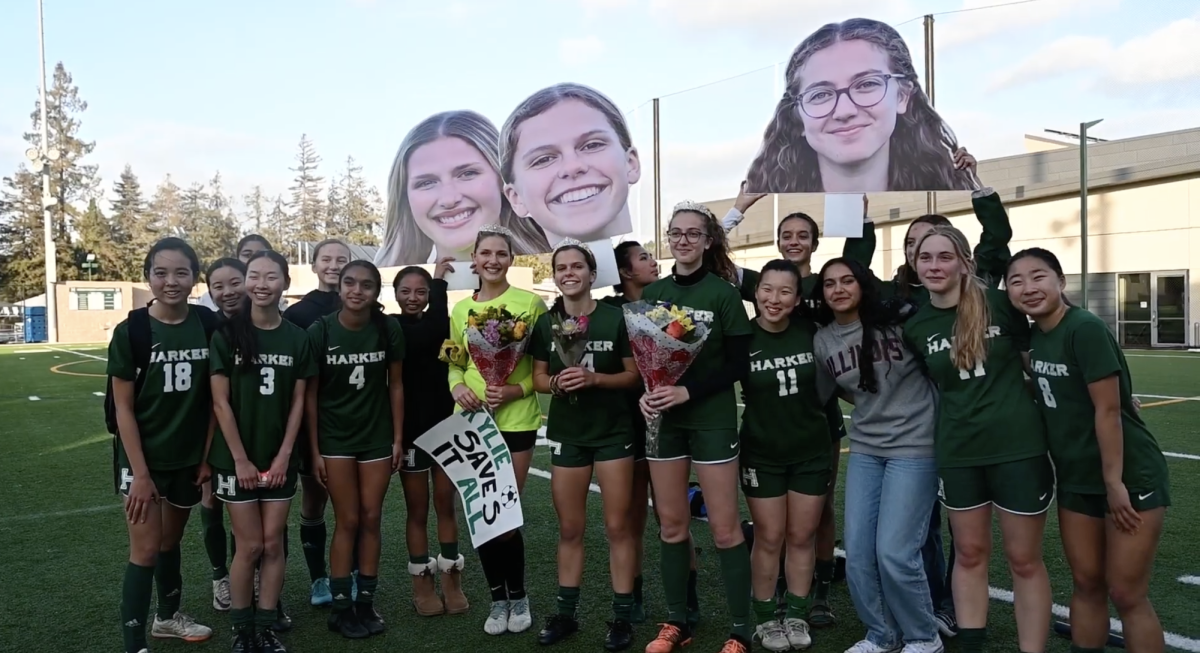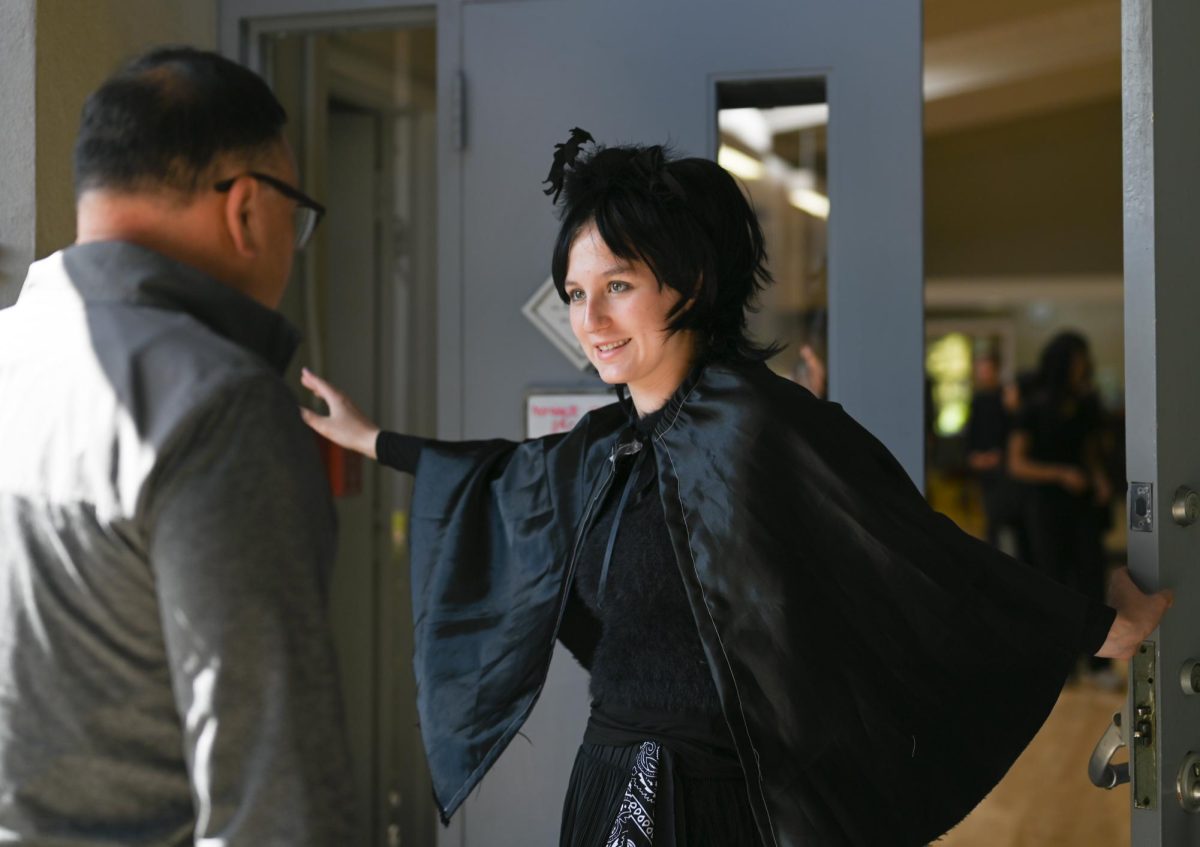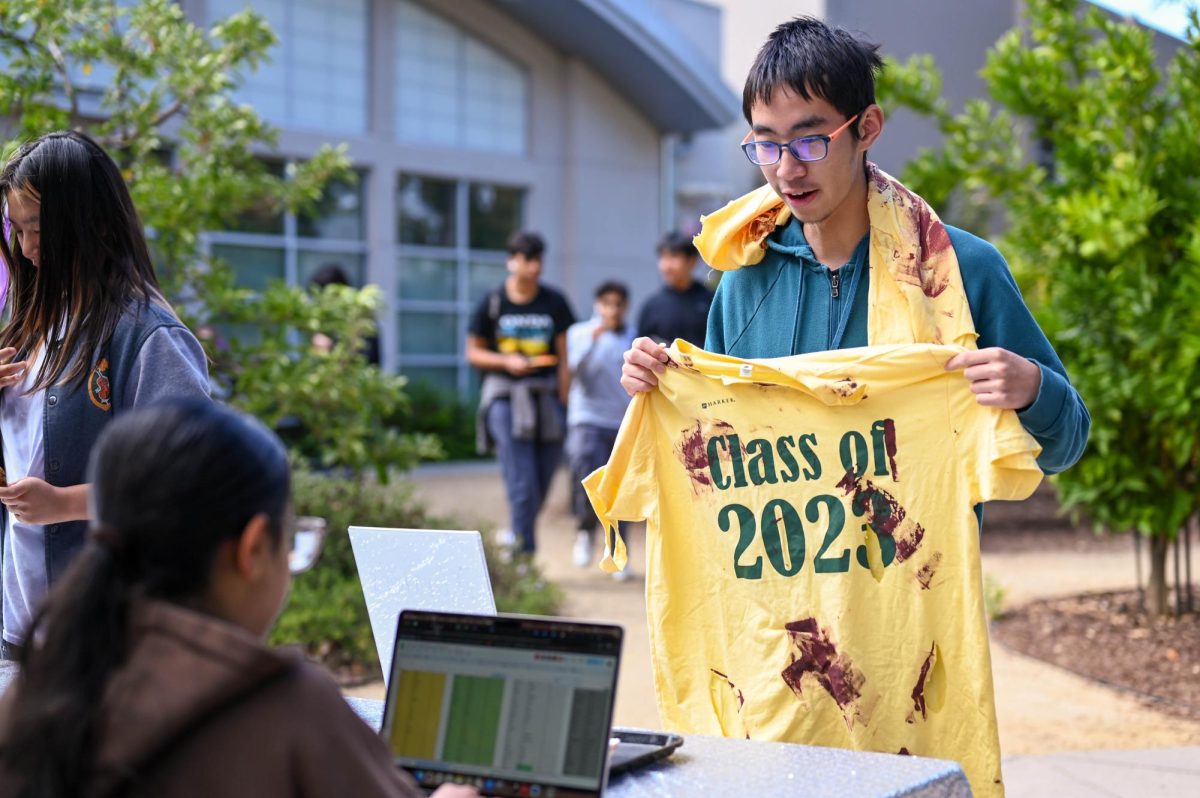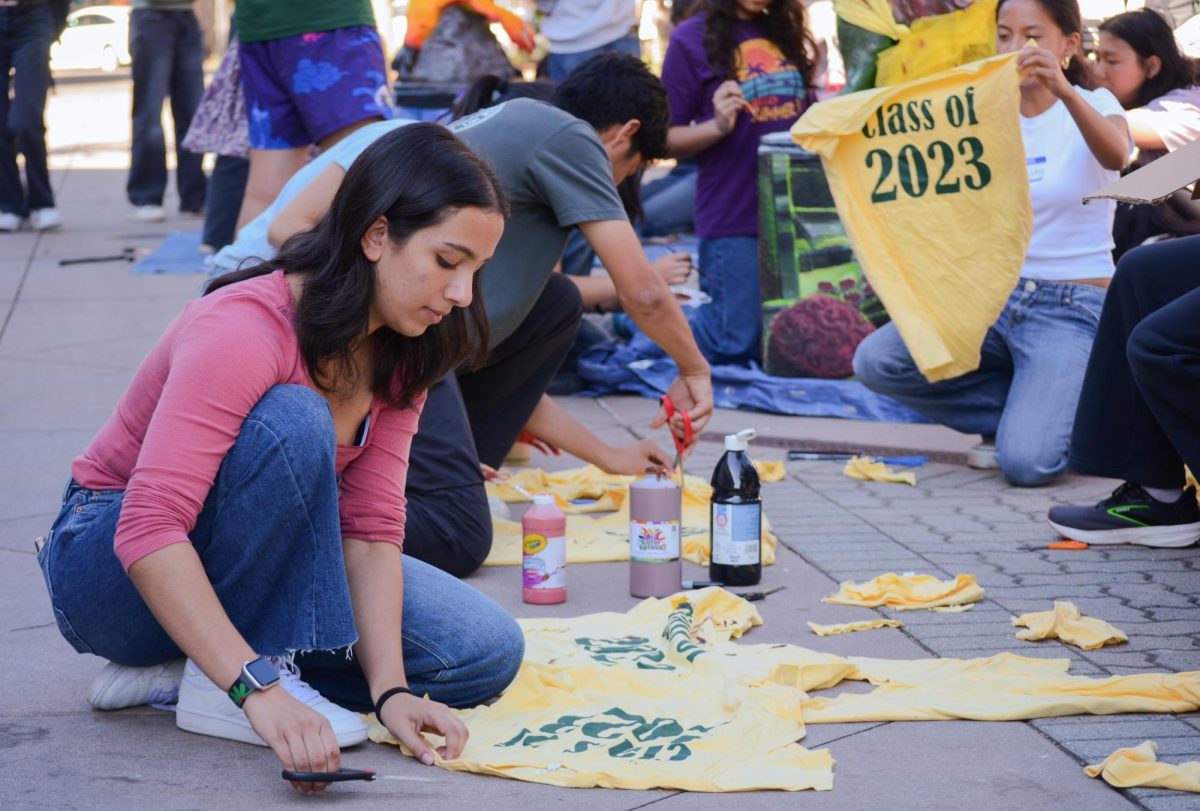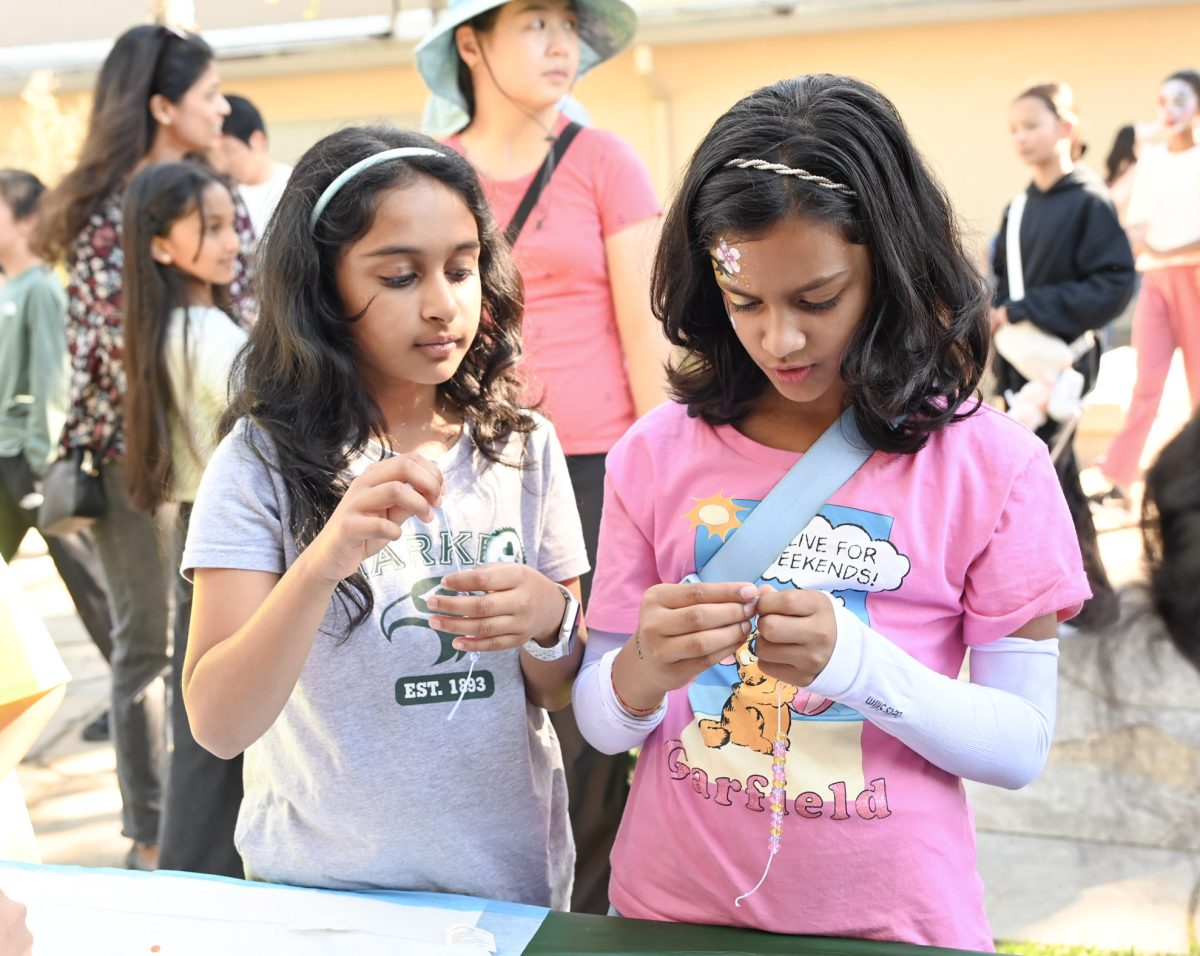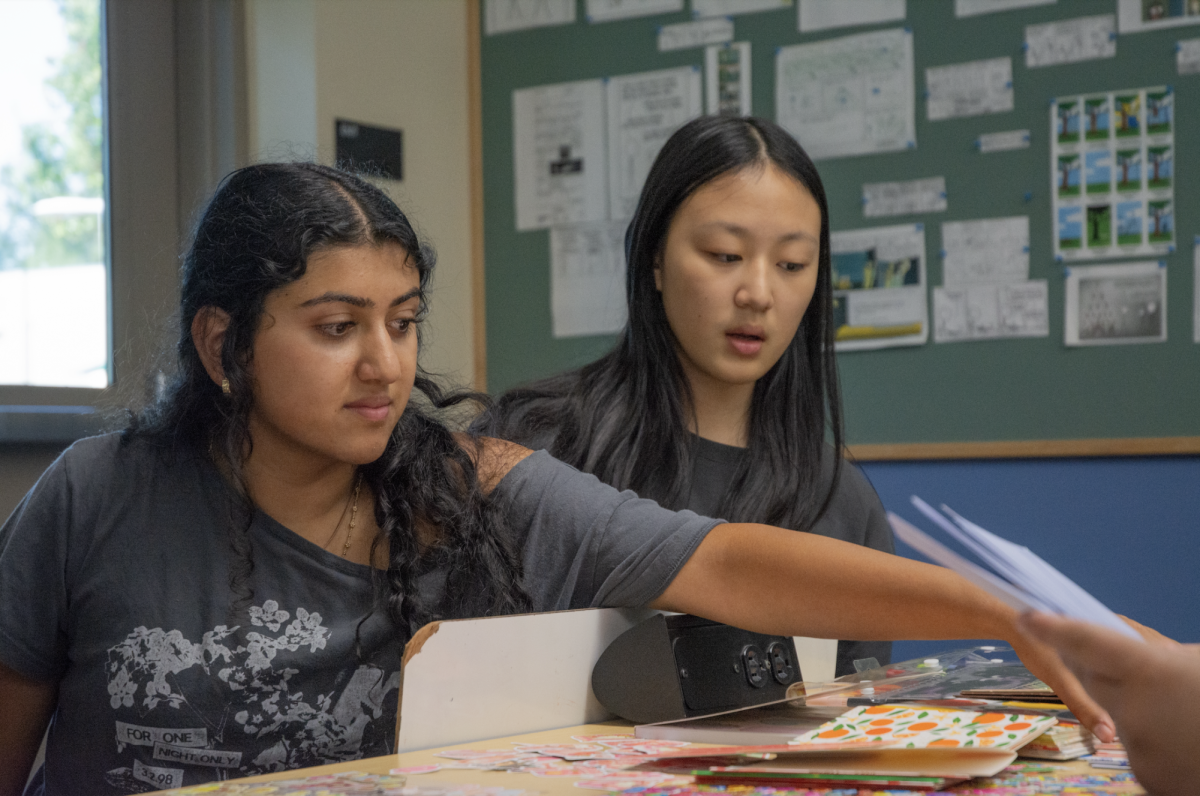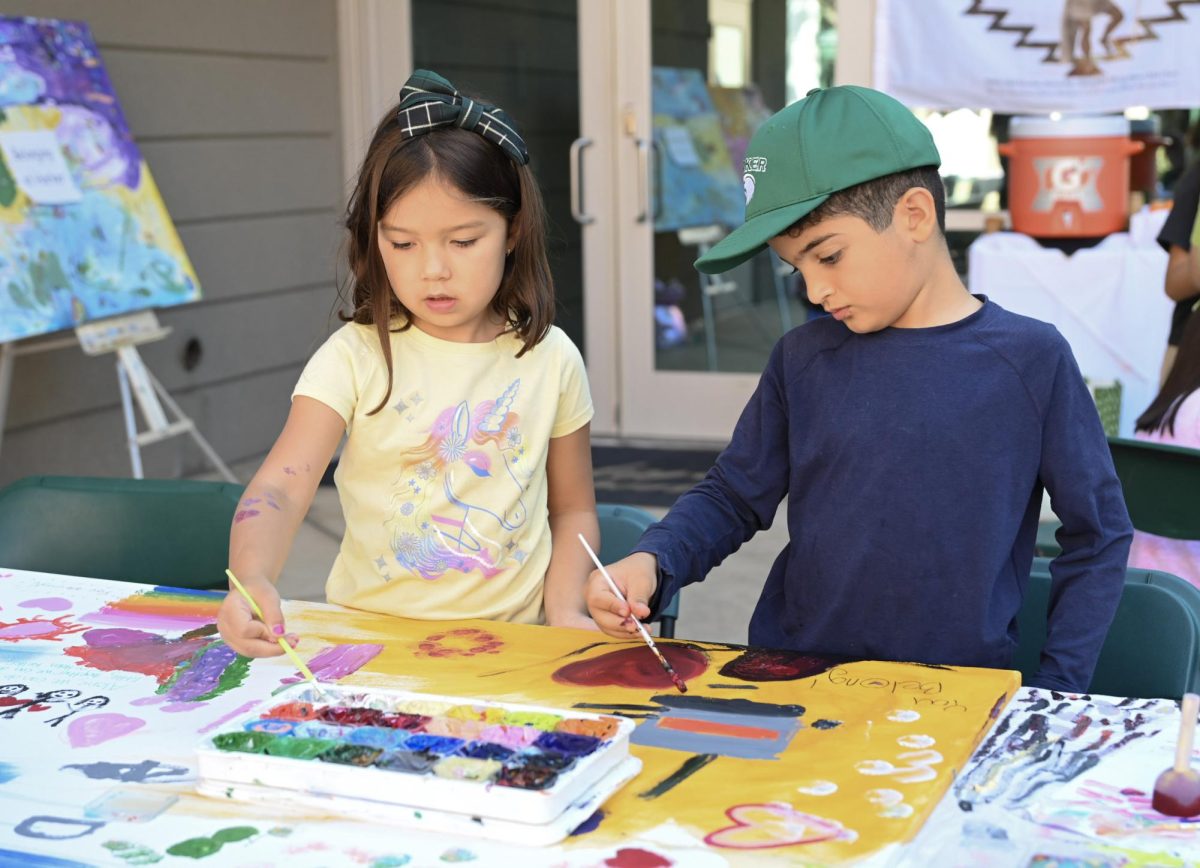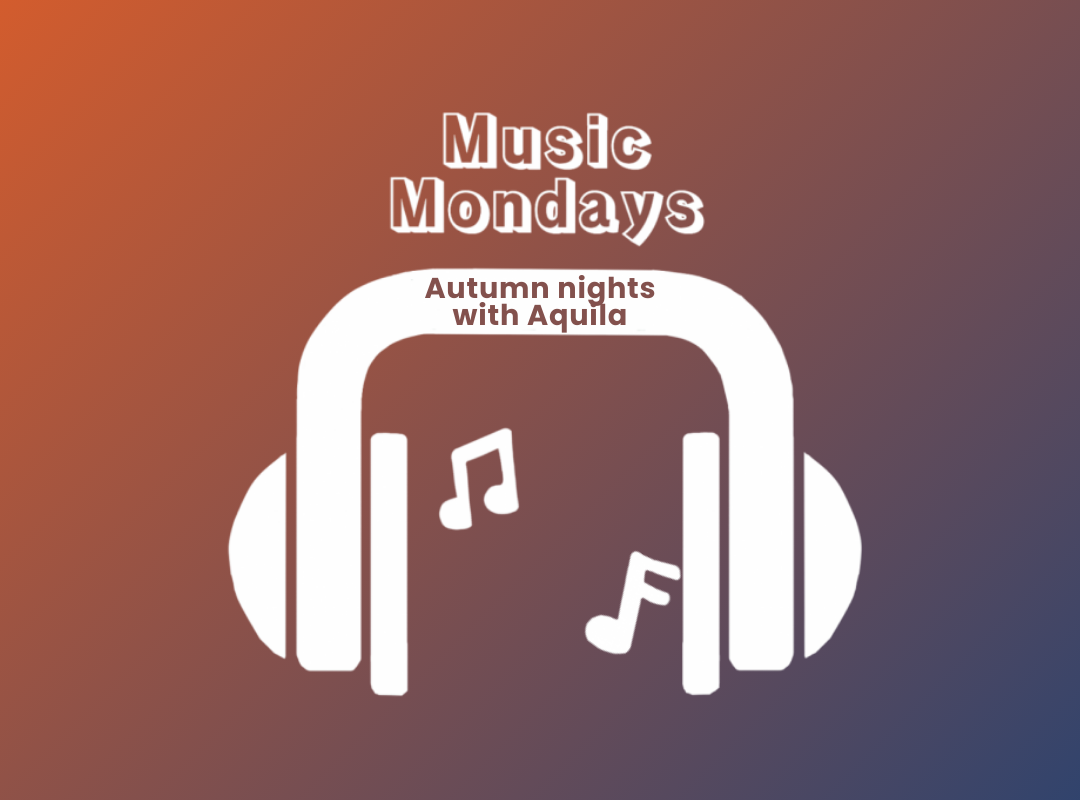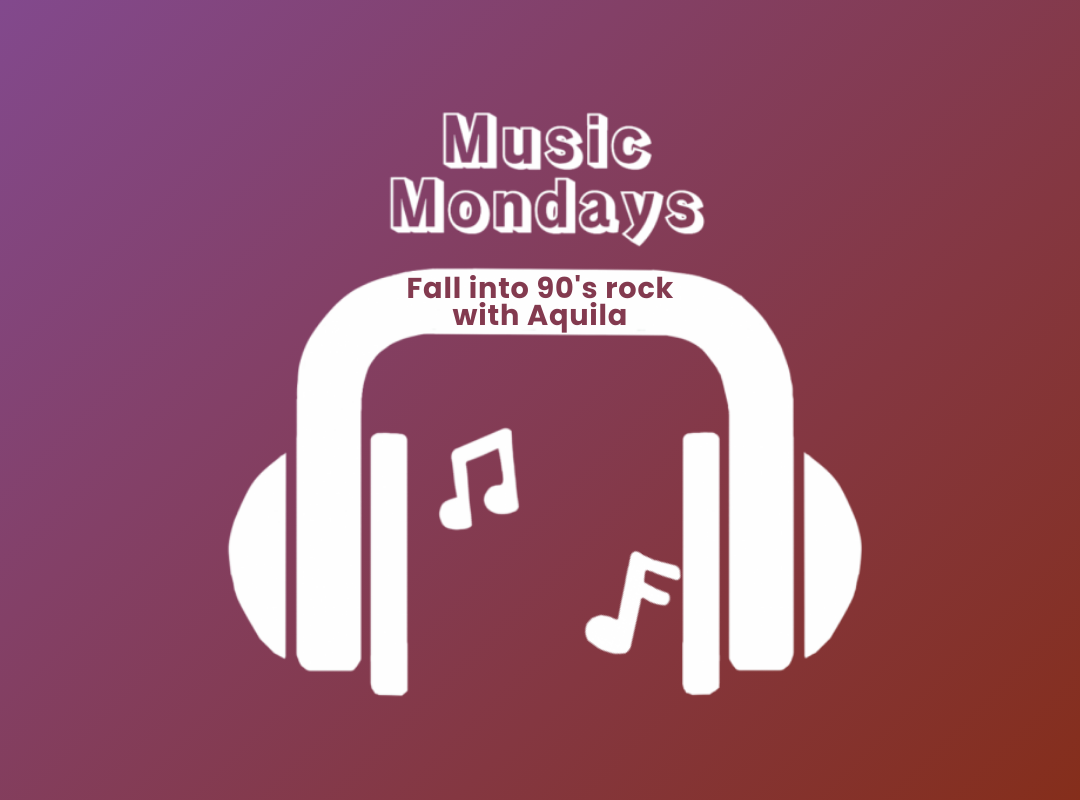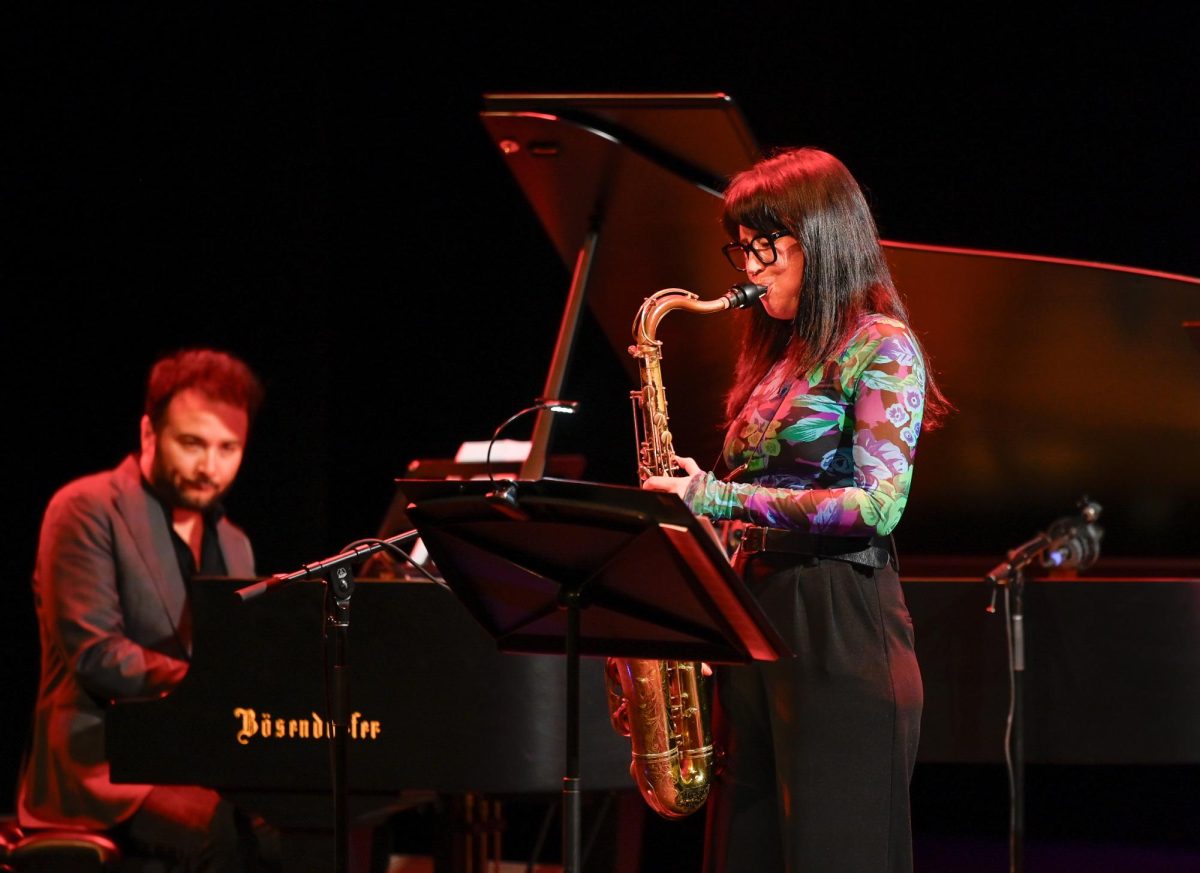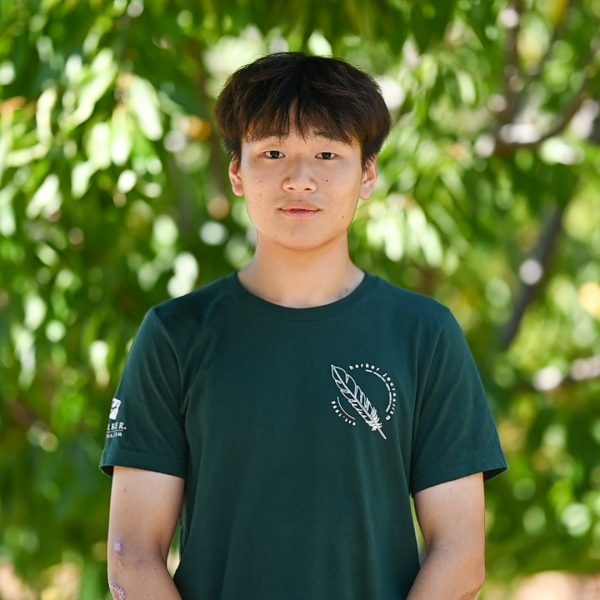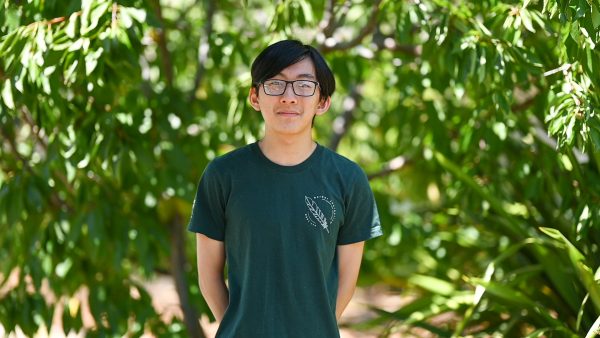Uriel Magdaleno, Silicon Valley Immigration Committee member: We’re here to protest Trump’s inauguration day. Since day one, he’s promised to pass a bunch of executive orders that attacked the immigrant community and the broader Chicano Latino community. Everybody has relatives who are not citizens.
Josie Smith, protestor: I think the main reason that I’m here is to be in community because I think one of the biggest tools of everything that we’re talking about — capitalism, racism, patriarchy — is, you know, part of it is isolation. So, I think the most important thing that we can do is to be around people who don’t necessarily think exactly the same as you, but at least are wanting to take action to fight for people they love.
Magdaleno: A lot of us have family members who might have come here as children, who grew up without papers, also just relatives who have come over many of which their visas might have just expired.
Alexis Alvarez Figueroa, member of Party for Socialism and Liberation: We’re seeing Trump’s cabinet picks very much reflect this billionaire class. We have energy CEOs. We have this one woman who’s the CEO of WWE and the [U.S. Secretary] of Education
Sam Si, UCSC Student Democratic Society founder: He’s talking about doing mass deportations and declaring a state of emergency on the border states. My parents are immigrants. Anti-immigrant rhetoric hurts everyone, even when it’s nominally being targeted only towards illegal immigrants. Right? It’s just an excuse for racism especially towards those, who are the most marginalized in our society, are the backbone of our society.
Smith: We’re in this wealthy neighborhood. I think what’s important about it is the disruption. Everyday, whatever routines need to be disrupted, shopping, whatever people here just having not really thinking about it. I think it’s forcing people to think about it because it affects everybody.
Magdaleno: Right here in this protest, we’ve been united — a broad group of organizations, peoples — and so we’ve united women’s rights issues; we’ve united queer rights issues. Right now, some of those executive orders are against the queer community and are against reproductive rights, so we want to make sure to build a local movement against those policies.
Si: We were marching and showing people how many people can show up in a community to organize against Trump and stand in solidarity with each other. That was amazing. I’ve never seen that before, honestly. I’ve never been been a part of it.
Figueroa: It’s important to organize because we believe we can all go out there and say “This is an injustice here, and we don’t like what’s going on here.” As individuals, we don’t have that power. We don’t have that power to really make change or believe in. So we we were fighting to get organized because we’ve seen historically that the working masses, the working people, have made history. Oftentimes in history, we’re taught about significant individuals like Cesar Chavez or even Martin Luther King, who were great individuals, but oftentimes, we can lose sight of the people that they organize because first and foremost, they’re organizers, and they organize collective power, which we believe actually gets things done.


















![“[Building nerf blasters] became this outlet of creativity for me that hasn't been matched by anything else. The process [of] making a build complete to your desire is such a painstakingly difficult process, but I've had to learn from [the skills needed from] soldering to proper painting. There's so many different options for everything, if you think about it, it exists. The best part is [that] if it doesn't exist, you can build it yourself," Ishaan Parate said.](https://harkeraquila.com/wp-content/uploads/2022/08/DSC_8149-900x604.jpg)




![“When I came into high school, I was ready to be a follower. But DECA was a game changer for me. It helped me overcome my fear of public speaking, and it's played such a major role in who I've become today. To be able to successfully lead a chapter of 150 students, an officer team and be one of the upperclassmen I once really admired is something I'm [really] proud of,” Anvitha Tummala ('21) said.](https://harkeraquila.com/wp-content/uploads/2021/07/Screen-Shot-2021-07-25-at-9.50.05-AM-900x594.png)







![“I think getting up in the morning and having a sense of purpose [is exciting]. I think without a certain amount of drive, life is kind of obsolete and mundane, and I think having that every single day is what makes each day unique and kind of makes life exciting,” Neymika Jain (12) said.](https://harkeraquila.com/wp-content/uploads/2017/06/Screen-Shot-2017-06-03-at-4.54.16-PM.png)








![“My slogan is ‘slow feet, don’t eat, and I’m hungry.’ You need to run fast to get where you are–you aren't going to get those championships if you aren't fast,” Angel Cervantes (12) said. “I want to do well in school on my tests and in track and win championships for my team. I live by that, [and] I can do that anywhere: in the classroom or on the field.”](https://harkeraquila.com/wp-content/uploads/2018/06/DSC5146-900x601.jpg)
![“[Volleyball has] taught me how to fall correctly, and another thing it taught is that you don’t have to be the best at something to be good at it. If you just hit the ball in a smart way, then it still scores points and you’re good at it. You could be a background player and still make a much bigger impact on the team than you would think,” Anya Gert (’20) said.](https://harkeraquila.com/wp-content/uploads/2020/06/AnnaGert_JinTuan_HoHPhotoEdited-600x900.jpeg)

![“I'm not nearly there yet, but [my confidence has] definitely been getting better since I was pretty shy and timid coming into Harker my freshman year. I know that there's a lot of people that are really confident in what they do, and I really admire them. Everyone's so driven and that has really pushed me to kind of try to find my own place in high school and be more confident,” Alyssa Huang (’20) said.](https://harkeraquila.com/wp-content/uploads/2020/06/AlyssaHuang_EmilyChen_HoHPhoto-900x749.jpeg)





